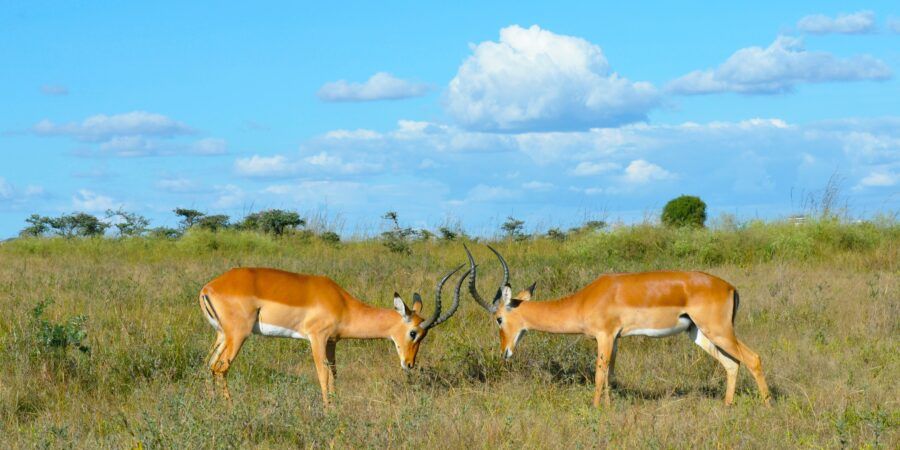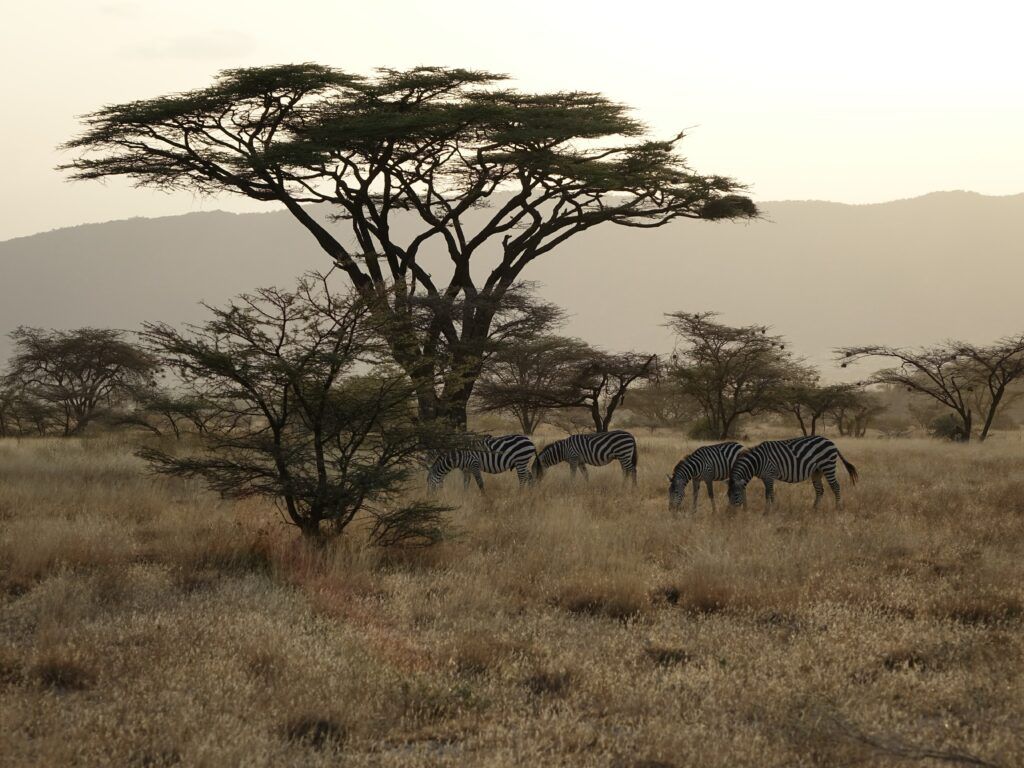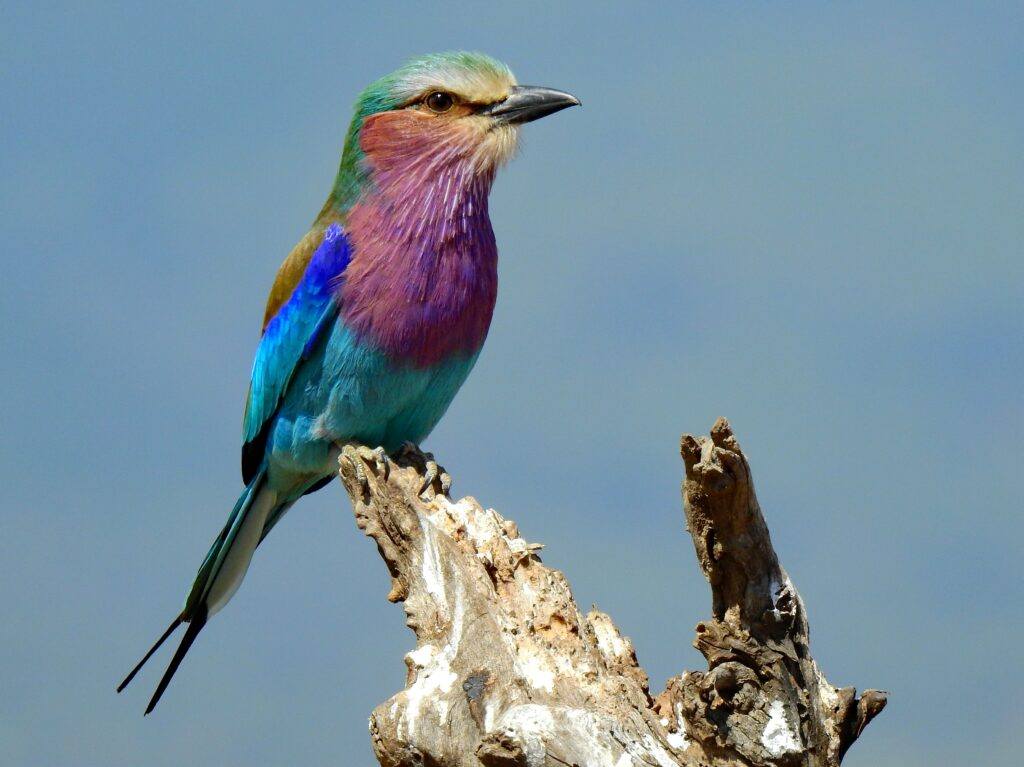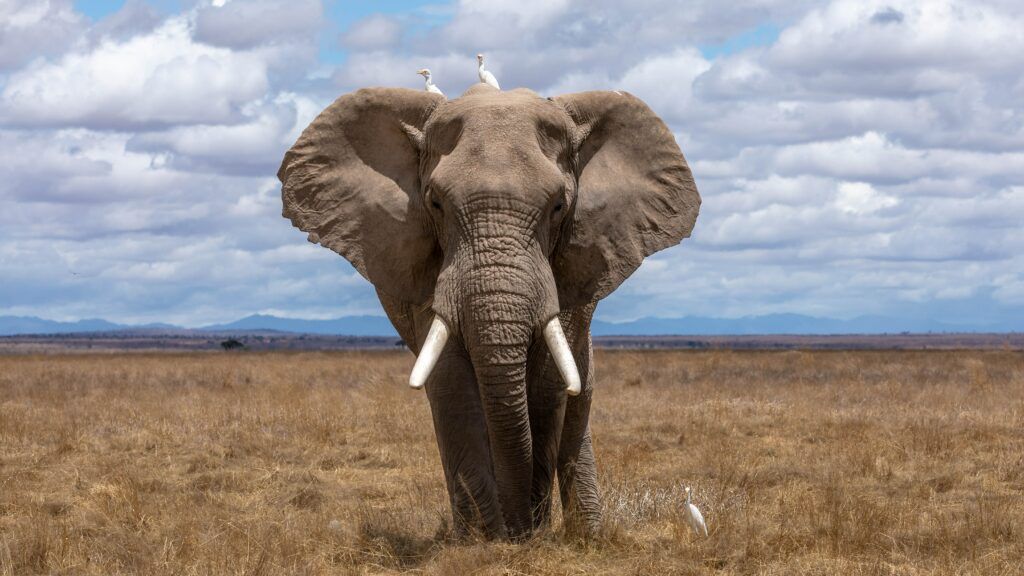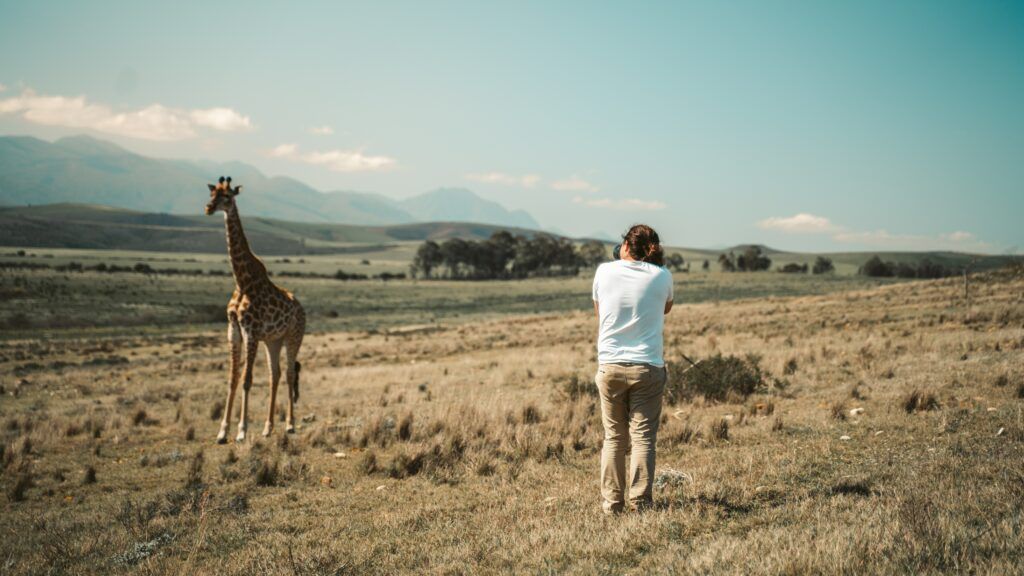Tell us what you’re all about:
When the African Wildlife Foundation was established in 1961, it immediately got to work. I was maintaining a healthy environment for Africa’s animals and natural areas. It protects wildlife and their natural habitats in a variety of ways. Human development and conservation enterprises should empower local people, and African leaders should be brought in to help with these endeavors.
Conservation should be supported at every level. They will launch a new 10-year strategy plan in 2020, based on its vision of Africa. Wildlife and huge natural spaces are integral parts of human culture in many regions. Africa’s future economic generation will benefit greatly from this resource.
How does The West Foundation’s philanthropic assistance help you sustain and move forward in your work to reduce poverty?
It is collaborating with The West Foundation to ensure that the voices of young people are heard in the debates on biodiversity protection. To influence strategic goals and targets as well as the activities of key stakeholders. This has an impact not only on conservation but also on the way Africa develops as a continent. As a continent, they have a massive population of young people.
To promote the well-being of the community, they are frequently disregarded. With the aid of African youth, African Wildlife can contribute to shaping a future by participating in policy discussions. With more significant consideration given to the significance of biodiversity in preserving thriving economies and ecosystems. This initiative is crucial to WWF’s mission of raising awareness of biodiversity challenges. And cultivate future leaders who place a high value on conservation.
What is the West Foundation doing to help you achieve your goals?
The African Wildlife Foundation (AWF) was initially founded as a leadership academy for those who wanted to lead conservation activities on their continent. To improve conservation efforts in Africa is investing even more money in the continent’s people and institutions.
AWF’s perspective of wildlife education as a means of producing conservation leaders is reflected in these projects. They ensured that the people who lived in these areas were aware of their involvement in creating and maintaining good conservation outcomes. As a result, it recognizes that to realize its goals.
It must empower African youth since conservation benefits can only be sustained if future generations support this objective. With the help of the West Foundation, it is attempting to get African adolescents interested in conservation. Discussions about environmental sustainability also help them to improve their leadership and abilities.
Global Youth Biodiversity Network has joined with AWF. Cameroonian students will receive the resources they need to organize campaigns for preservation in their home countries of Kenya, Uganda, and Zimbabwe. Conservation policy conversations at home are also encouraged.
After attending workshops for training, Conventions on biodiversity will give young people the opportunity to contribute. To empower African kids, this training and experience will help them to develop their leadership abilities.
We are making them aware of high-level policy debates and giving them an opportunity for self-expression. And to contribute to the development of a new biodiversity framework after 2020. Support for The West Foundation also increases a sense of ownership.
Moreover, there is a growing sense of responsibility among young Africans about animal protection. Support for AWF from the West Foundation began in 2001.In the Limpopo Heartland, the West Foundation funded AWF’s conservation and social development activities to train young African researchers. New conservation enterprises should be explored to strengthen the management capability of protected area systems.
African Wildlife easements for education received a large donation from the foundation. Scholarships for the children of households are a primary goal. Individuals and organizations that agree to protect the ecologically important Sekute.
AWF was able to distribute and train instructors on using ZeduPad tablets thanks to the West Foundation. Students at the Lupani Primary School can benefit from the creation of a small vegetable garden. Two of the six classrooms will be equipped with solar panels to allow evening lessons for adult literacy.
AWF’s project to provide upgraded cooking stoves to Simien Mountain communities was made possible in part by a grant from the West Foundation. To reduce Ethiopia’s deforestation and pollution. Your potential can only be realized if you take action. It is taking a more comprehensive approach, guided by the plans and priorities of its own country.
They are achieving economic growth and sustainable development while also protecting the environment. Because they are the primary agents of change in Africa, youth and women are top priorities for outreach. The acknowledges that its work would not be possible without the contributions of these two groups.
Who are the continent’s most populous people?
Is there anything specific about your company that you’d like people to know before joining?
Biodiversity protection is the goal of the African Wildlife Foundation (AWF). As a result, it benefits people all over the world. Because dangers to African animals are not an “African” concern, this is proof. Furthermore, illegal wildlife parts are traded and raise security concerns around the world. Economic growth and new commercial prospects in Africa can only be possible if the continent’s ecosystems are kept healthy.
Furthermore, the rising global demand for wildlife and wildlife goods has exacerbated the risk of iconic wildlife. Species that play a significant role in ecosystems are often extinct. To ensure that Africa’s economic and social growth are linked, AWF will continue its work on conservation issues.
What are your company’s most pressing concerns?
Africa’s animal species are in danger of extinction. More than 60% of forest elephants and 40% of lions have been wiped out alone in the last few decades. Poaching is at an all-time high because of the global demand for its products.
The faces of a significant threat from the loss of their habitat. As a case study, consider the situation of the rainforests in Africa and around the globe. Scientists believe that present deforestation rates will continue to rise if nothing is done about it.
In 100 years, rain forests will be extinct, and most of their inhabitants will be too. The outlook is dismal, but it’s not a certainty. As it turns out, things have already changed. Conservation priorities may and should be incorporated into economic and infrastructure development that is done with care. Because of the African Wildlife Foundation (AWF) efforts, this shift has been made possible. It is WWF’s goal to forge partnerships that bring together the public, private and individual sectors of society. As a means of enhancing conservation and wildlife protection efforts.
